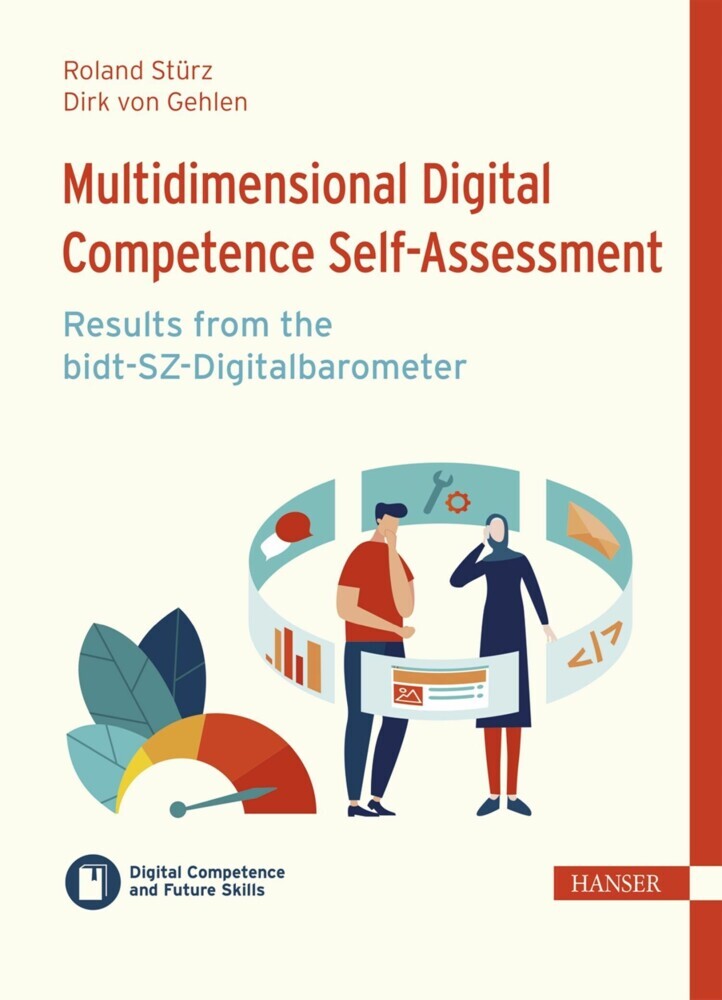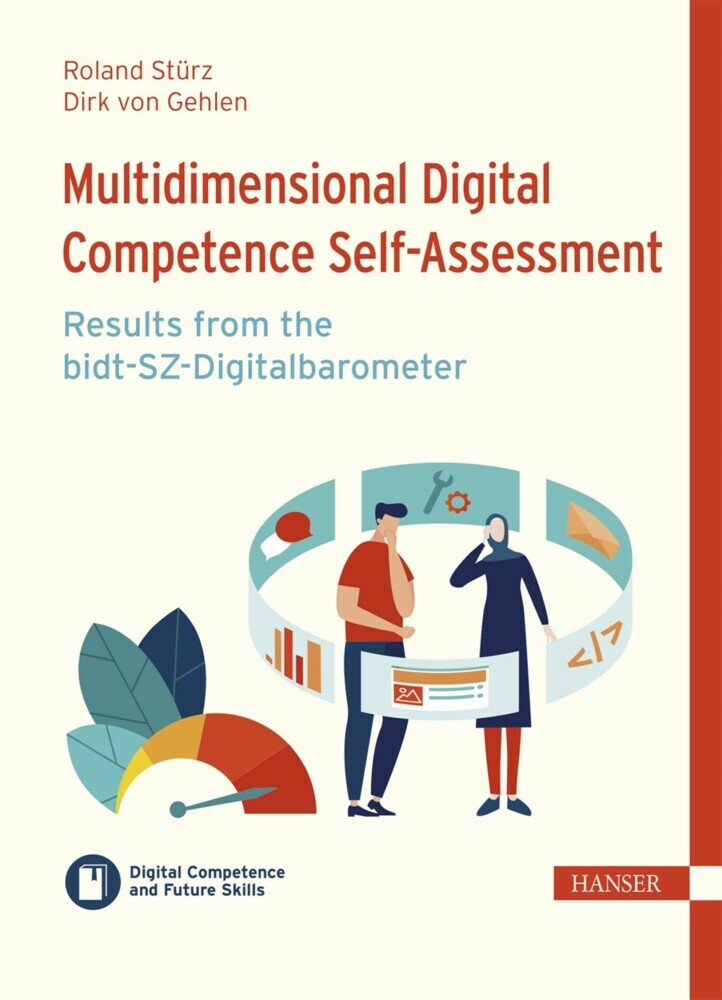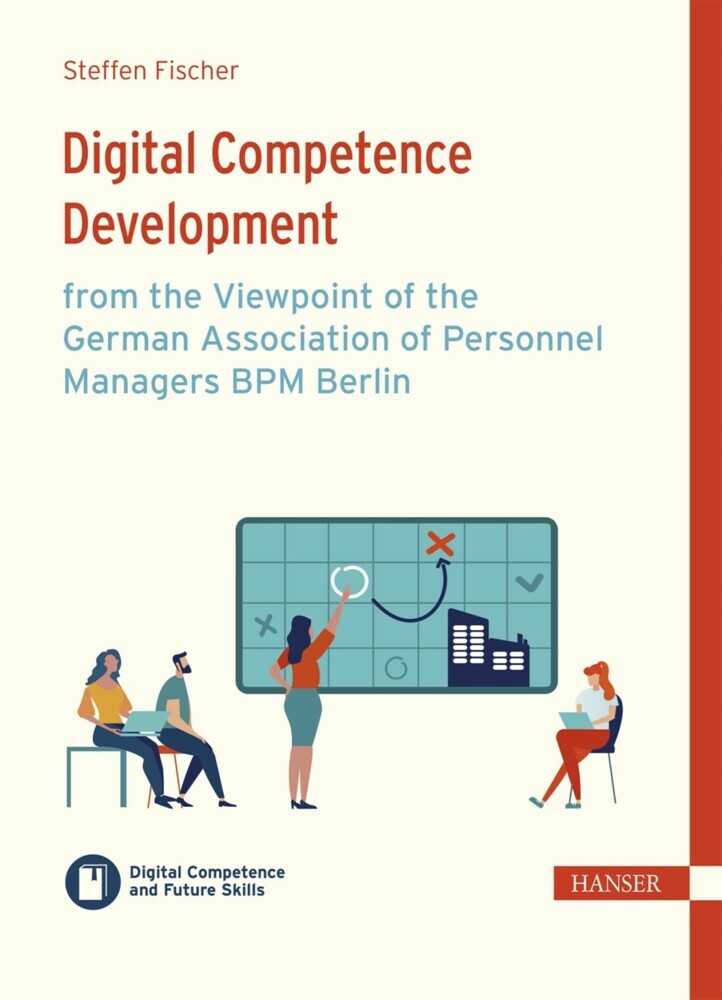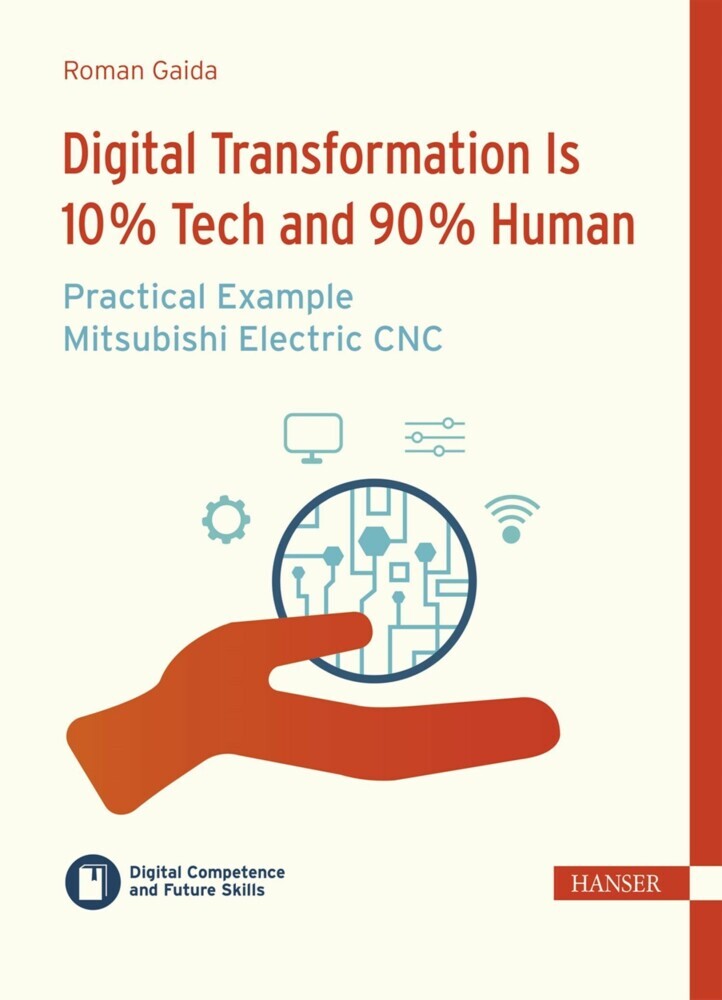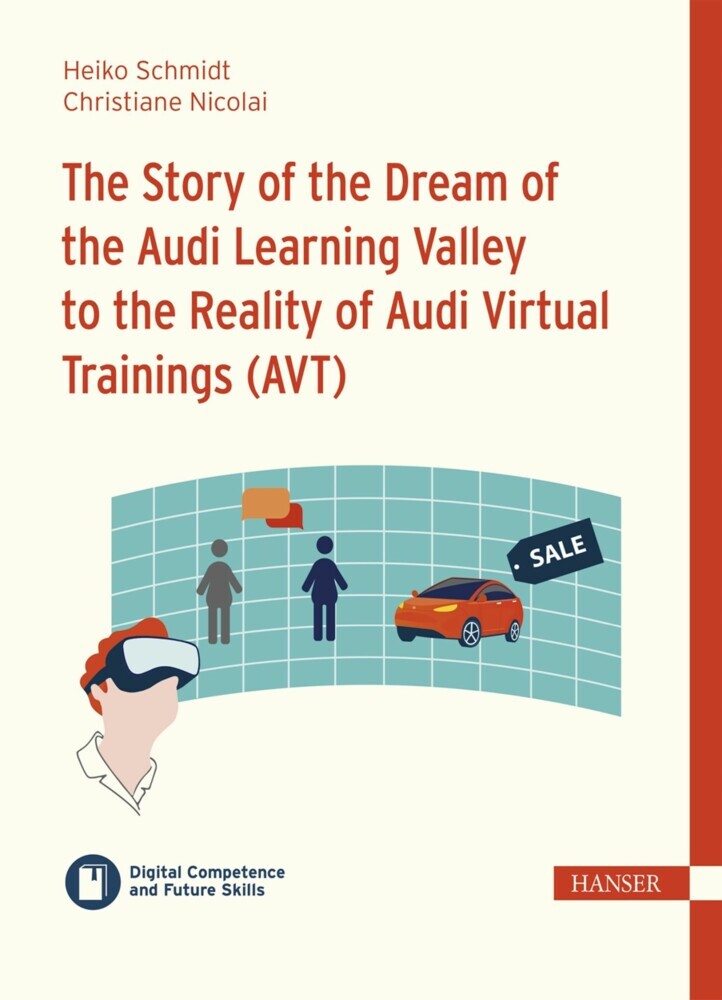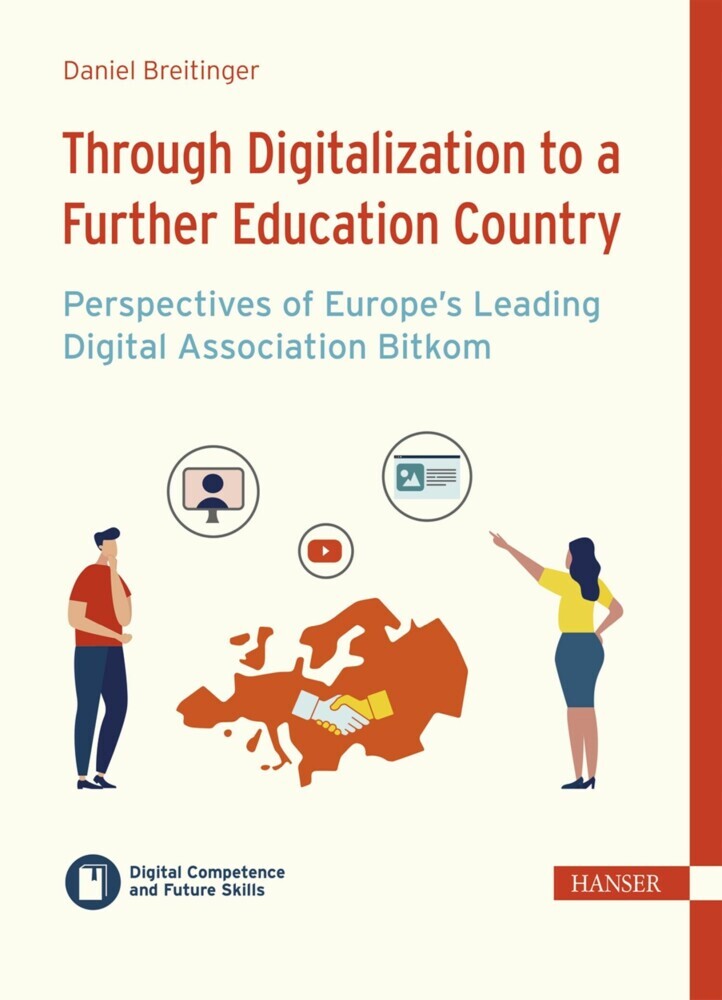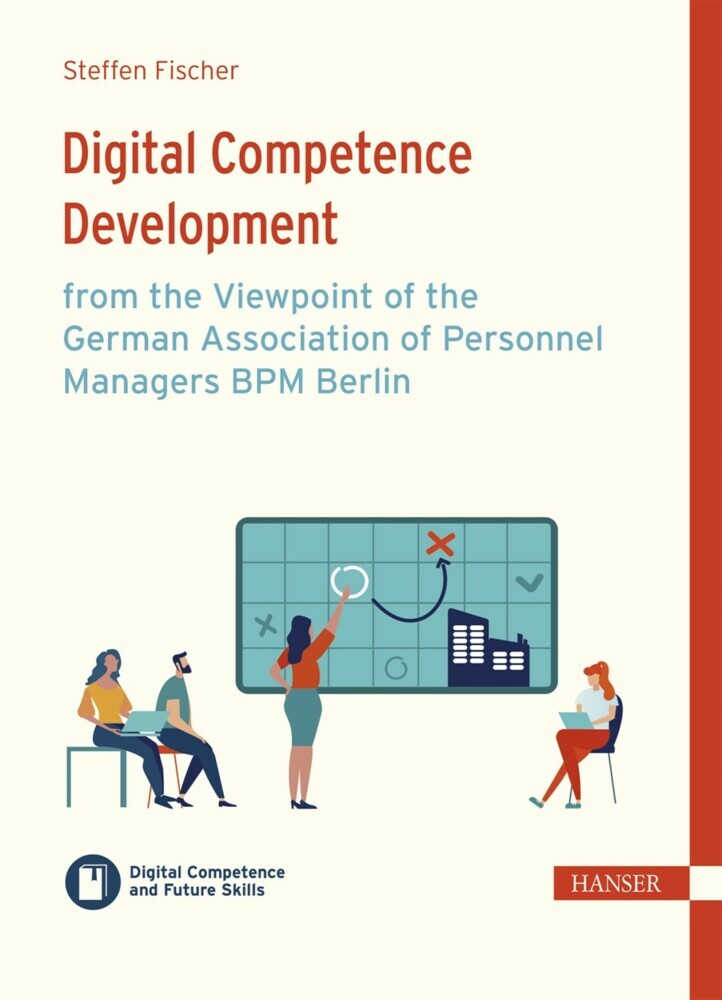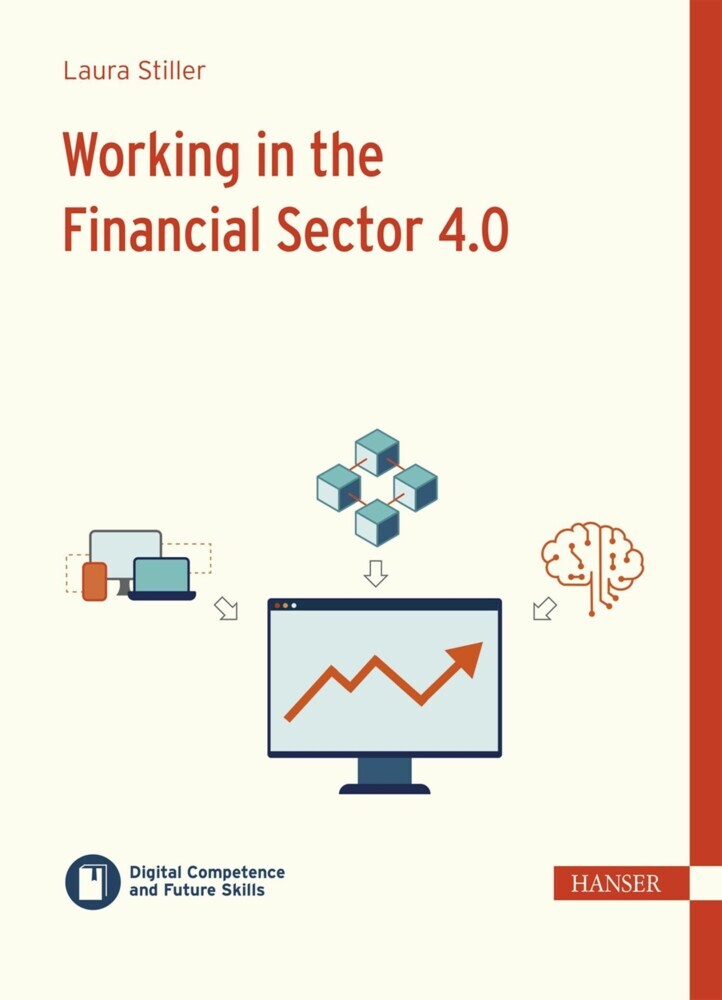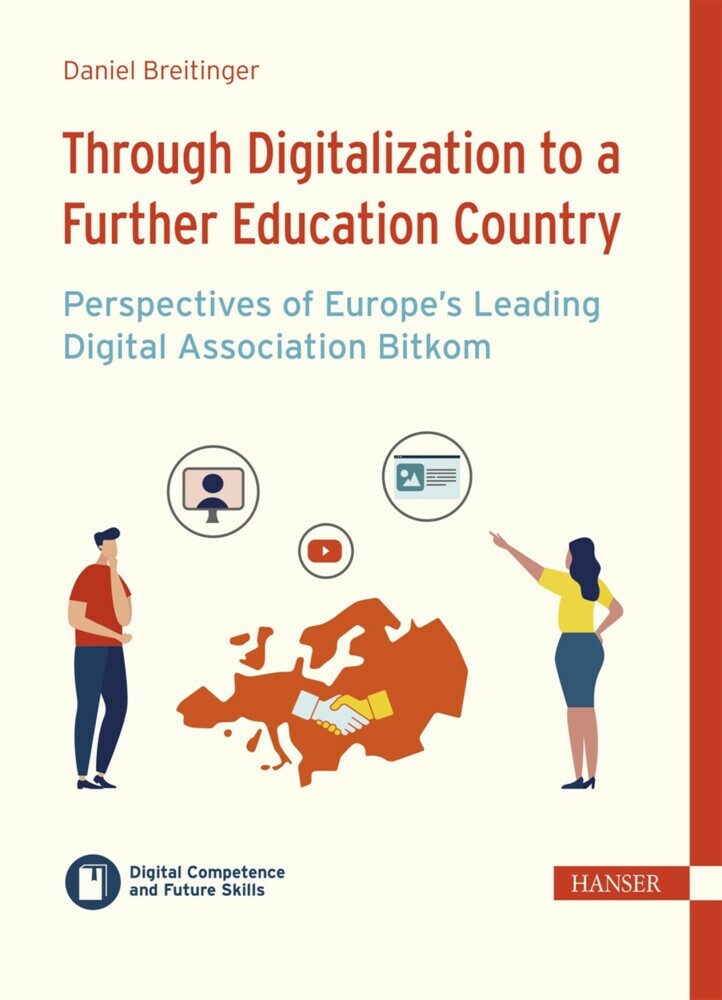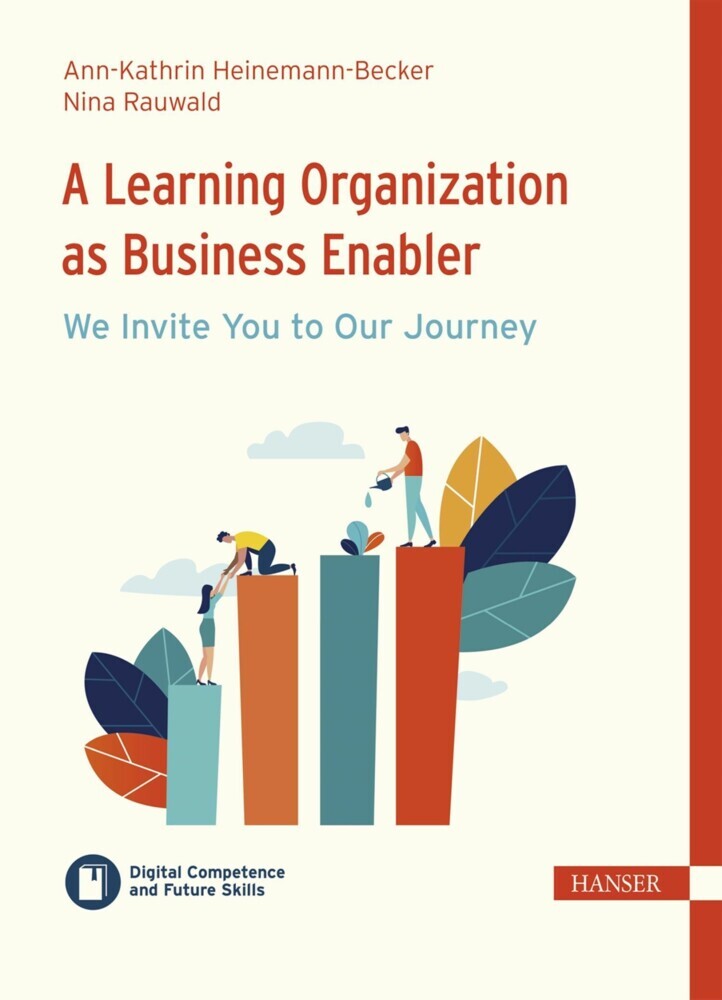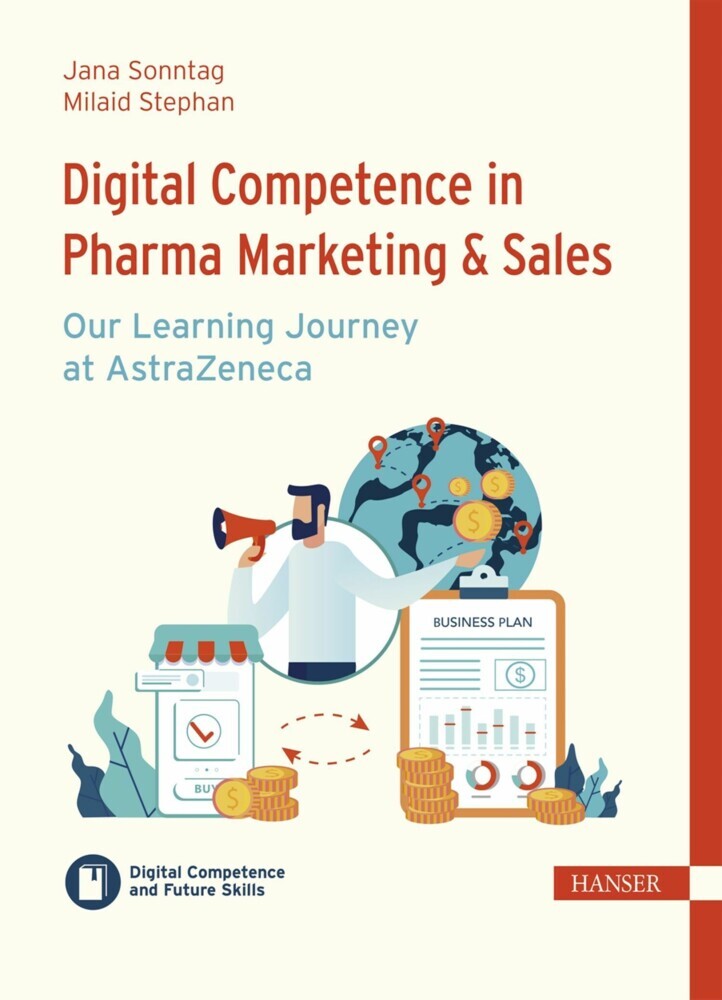Multidimensional Digital Competence Self-Assessment: Results from the bidt-SZ-Digitalbarometer
Multidimensional Digital Competence Self-Assessment: Results from the bidt-SZ-Digitalbarometer
by Dr. Roland A. Stürz (Head of Think Tank, Bavarian Research Institute for Digital Transformation (bidt)) and Dirk von Gehlen (Director Think Tank, SZ-Institut/Süddeutsche Zeitung)
from the handbook Digital Competence and Future Skills
In order to examine the status of digital transformation and the associated challenges in more detail, a solid database is required. In this way, strengths and weaknesses can be identified, and advantages and disadvantages of certain developments can be highlighted. For this reason, the Bavarian Research Institute for Digital Transformation (bidt) and the SZ Institute of the Süddeutsche Zeitung have jointly launched the bidt-SZ-Digitalbarometer. As a large-scale survey of people aged 14 and older living in Germany, it provides a comprehensive database on the topics usage behavior of digital devices and technologies, digital competences and digital transformation of the world of work.
The following article takes a closer look at the results on digital competences. A majority of Germans feels overwhelmed, at least occasionally, when dealing with digital devices or the Internet. Only 14% of people aged 14 and older say they are never overwhelmed. A comparison of certain groups of people shows that women are more likely to be overwhelmed than men when using digital devices or the Internet. The same is true for older people compared to younger people and for those with a low level of formal education compared to those with a higher level of formal education.
The handbook Digital Competence and Future Skills provides comprehensive insight into the future of competencies and learning and the transformation of business. For the first time, leading companies from a wide range of industries around the world provide concrete insights into their comprehensive approaches to transformation, competence management, culture change, and learning and development. In addition, leading scientists and institutions use the latest research findings to assess where we are today and what is to come in the future.
#digicompetencebook
#digikompetenzbuch
#digikompetenzpodcast
www.youtube.com/watch?v=NjxASUdSCAI
Dr. Roland A. Stürz is Head of Think Tank at the Bavarian Research Institute for Digital Transformation (bidt). He was previously a Senior Research Fellow at the Max Planck Institute for Innovation and Competition in Munich. Prior to that he worked at the Institute for Innovation Research, Technology Management and Entrepreneurship of the Ludwig-Maximilians-Universität, Munich. Dr. Stürz studied management at the Ludwig-Maximilians-Universität in Munich and at the Copenhagen Business School. He holds a diploma degree in management, a Master of Business Research and a doctoral degree from the Ludwig-Maximilians-Universität. He regularly teaches a course on innovation policy at the Munich Intellectual Property Law Centre. He has published or contributed to a variety of policy papers on topics dealing with the German innovation system and the digital transformation. His research interests are in the domains of digital transformation, innovation policy and industry evolution. Currently he focuses on the digital transformation of the world of work with topics like digital competences or work from home.
from the handbook Digital Competence and Future Skills
In order to examine the status of digital transformation and the associated challenges in more detail, a solid database is required. In this way, strengths and weaknesses can be identified, and advantages and disadvantages of certain developments can be highlighted. For this reason, the Bavarian Research Institute for Digital Transformation (bidt) and the SZ Institute of the Süddeutsche Zeitung have jointly launched the bidt-SZ-Digitalbarometer. As a large-scale survey of people aged 14 and older living in Germany, it provides a comprehensive database on the topics usage behavior of digital devices and technologies, digital competences and digital transformation of the world of work.
The following article takes a closer look at the results on digital competences. A majority of Germans feels overwhelmed, at least occasionally, when dealing with digital devices or the Internet. Only 14% of people aged 14 and older say they are never overwhelmed. A comparison of certain groups of people shows that women are more likely to be overwhelmed than men when using digital devices or the Internet. The same is true for older people compared to younger people and for those with a low level of formal education compared to those with a higher level of formal education.
The handbook Digital Competence and Future Skills provides comprehensive insight into the future of competencies and learning and the transformation of business. For the first time, leading companies from a wide range of industries around the world provide concrete insights into their comprehensive approaches to transformation, competence management, culture change, and learning and development. In addition, leading scientists and institutions use the latest research findings to assess where we are today and what is to come in the future.
#digicompetencebook
#digikompetenzbuch
#digikompetenzpodcast
www.youtube.com/watch?v=NjxASUdSCAI
Dr. Roland A. Stürz is Head of Think Tank at the Bavarian Research Institute for Digital Transformation (bidt). He was previously a Senior Research Fellow at the Max Planck Institute for Innovation and Competition in Munich. Prior to that he worked at the Institute for Innovation Research, Technology Management and Entrepreneurship of the Ludwig-Maximilians-Universität, Munich. Dr. Stürz studied management at the Ludwig-Maximilians-Universität in Munich and at the Copenhagen Business School. He holds a diploma degree in management, a Master of Business Research and a doctoral degree from the Ludwig-Maximilians-Universität. He regularly teaches a course on innovation policy at the Munich Intellectual Property Law Centre. He has published or contributed to a variety of policy papers on topics dealing with the German innovation system and the digital transformation. His research interests are in the domains of digital transformation, innovation policy and industry evolution. Currently he focuses on the digital transformation of the world of work with topics like digital competences or work from home.
| ISBN | 9783446475403 |
|---|---|
| Artikelnummer | 9783446475403 |
| Medientyp | E-Book - PDF |
| Copyrightjahr | 2022 |
| Verlag | Carl Hanser Fachbuchverlag |
| Umfang | 50 Seiten |
| Sprache | Englisch |
| Kopierschutz | Digitales Wasserzeichen |

